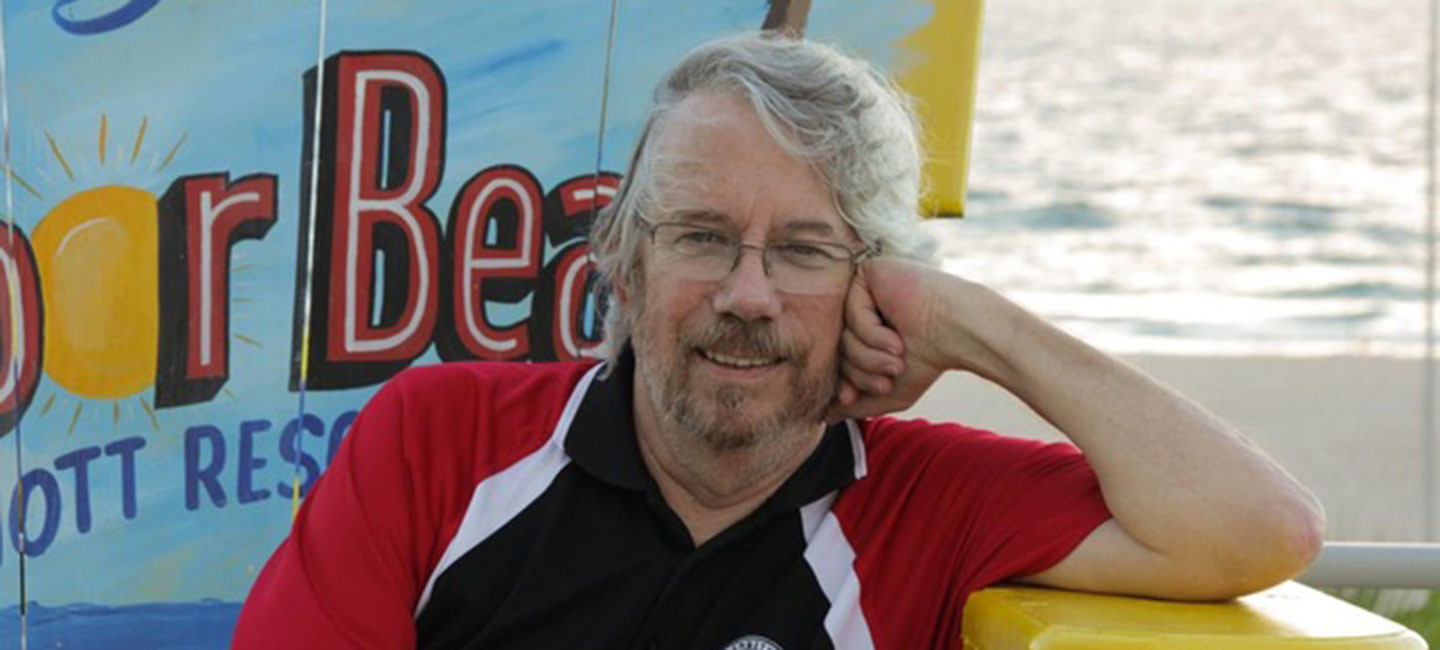Lung Screening Saves Life of Former Smoker
David Devine lit up his first cigarette when he was 14, so he wasn’t surprised when he started having difficulty breathing in his early 60s. He had tried to quit countless times before—using the gum, the patches, even hypnosis—but knew this time, he had to kick the habit for good.
However, even after he quit, he still didn’t see the improvement in his health he was expecting. He saw an ad in the newspaper for the lung screening program at Moffitt Cancer Center and decided to get screened.
“I knew it probably wouldn’t be good news, but that’s what you expect if you are a smoker,” said Devine.
After his low-dose CT scan and additional testing, doctor’s confirmed Devine’s prediction: he had stage 3 lung cancer.
Devine enrolled in a clinical trial and underwent both chemotherapy and radiation. He responded well, but a few years later the cancer metastasized to his brain. He had surgery to remove the tumor, followed by radiation.
This spring, Devine hit the 5 ½ year mark being cancer free in his lungs, and his brain scans have all been clear. He now only returns to Moffitt annually for his lung screening, the very same tool he says may have saved his life.
“I don’t think I felt bad from smoking that long, not bad enough to ever go see a doctor,” said Devine. “Because of the lung screening, we caught the cancer at just the right time. Any longer and it may have been untreatable.”

Devine and his wife Linda, his caretaker during his cancer journey
Devine, who teaches middle school math, uses his experience as a cautionary tale for his students. “For those who vape or smoke, I tell them, enjoy yourself now because sooner or later it’s going to get you and you can’t say you wish you would have known.”
And for current or former adult smokers—Devine urges them to enroll in a lung screen program. “It’s an easy scan and it’s better to know than to die from not knowing.”
Currently, you are eligible for free lung screening if you are:
- Between 55 and 80 years old (or between 55 and 77 years old if you are a Medicare beneficiary)
- A smoker or former smoker with a history of smoking the equivalent of one pack a day for 30 years
- A former smoker who has quit in the last 15 years
New recommendations are now under review by the U.S. Preventive Services Task Force to lower the age requirement to 50 and the number of years a person has smoked an average pack a day to 20. If the new guidelines are approved, insurance carriers would be mandated by law to adjust coverage according to the new recommendations.



